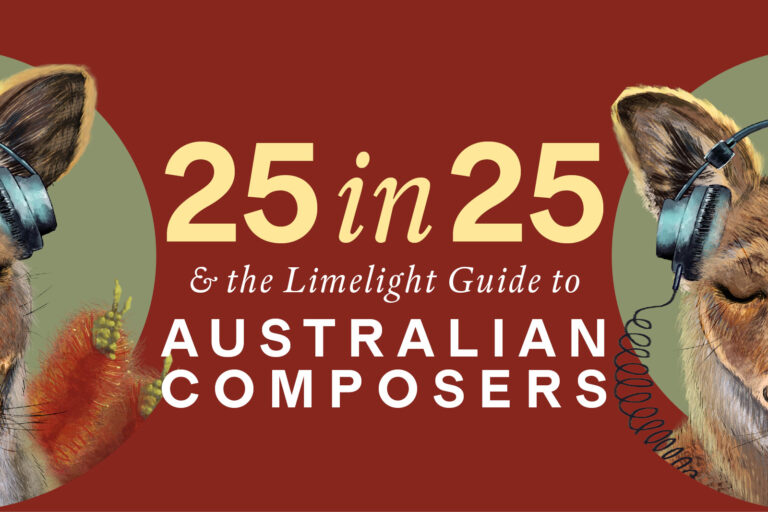AI is not going away.
As with any new technology that makes a job easier, cheaper, and more accessible, fighting its existence is ultimately a losing battle.
Just two years ago, many of us could not have anticipated the power and prominence that AI holds today.
However, we shouldn’t forget that technology has been reshaping music — and the industry of creators and arts workers surrounding it — for a very long time.
Only a generation or so ago, a composer required the specialist services of typesetters to convert handwritten manuscripts into scores and parts for publication and performance. Now, most composers produce these scores at home on their personal computers, with comparable ease and instant results.

The quality of music sampling and sequencing programs has also developed rapidly over the past 20 years, so that now the complex sound of a full symphony orchestra can be synthetically produced without the involvement of a single human musician.
As evidenced in a recent member survey by APRA AMCOS, there is significant concern and anxiety across the professional music industry regarding AI, and changes need to happen urgently.
The short-term solution is likely to be a combination of industry-wide...
Continue reading
Get unlimited digital access from $4 per month
Already a subscriber?
Log in










Comments
Log in to join the conversation.